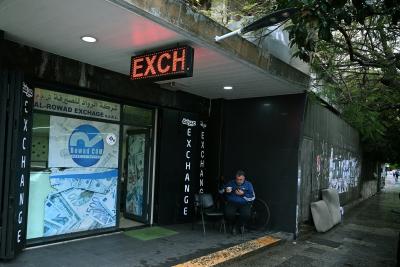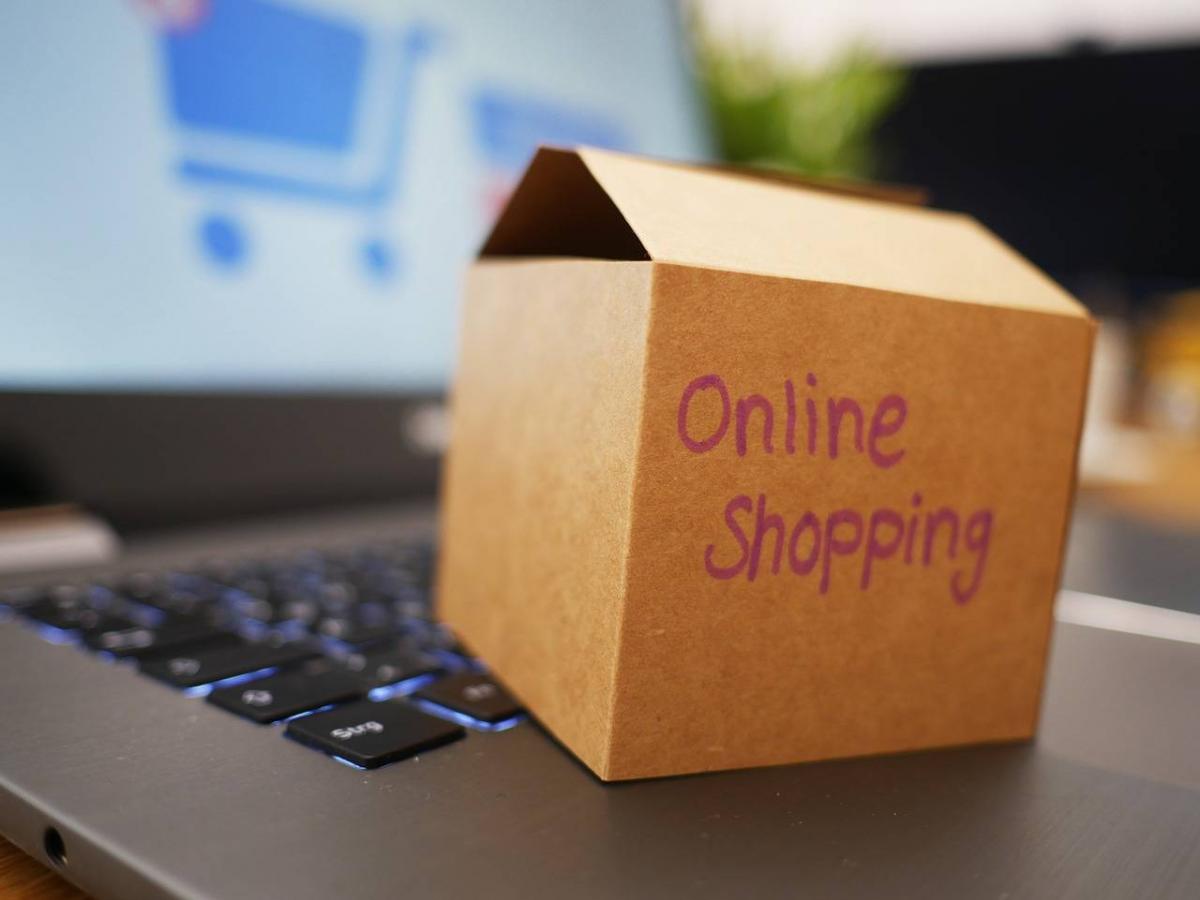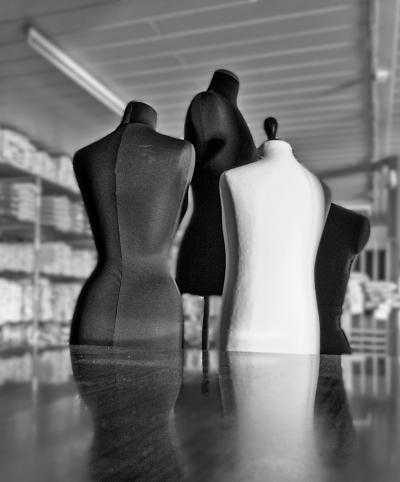It is a sensation that everyone knows: the random and infinite scrolling through pages of clothing, often for purchases that are not necessary. The need to update one's wardrobe with the arrival of a new season, driven by the irrational feeling of having nothing to wear.
The difficulty of choosing between two sizes, the dilemma of picking between two similar models, and the guilt that arises when realizing that a particular brand is not the most ethical.
Yet, we eventually click, enter our address and card details, accompanied by a sense of happiness, or at least a fleeting moment of joy, before receiving the confirmation email.
According to a study published in 2014 in the Journal of Consumer Psychology, buying something as simple as a T-shirt can be considered a mood enhancer. Why? When an online consumer clicks on the “buy” button beneath the image of a pair of shoes or a piece of clothing they like, the brain chooses to reward them immediately by producing a dose of dopamine. Indeed, this pleasure-inducing chemical encourages people to repeat actions that make them feel good.
Even more impressively, just browsing and filling a virtual cart, without making a purchase, can stimulate the release of this happiness hormone. According to the study, the mere mental projection of making a purchase is enough to evoke a sense of satisfaction.
It is no wonder that one can spend hours choosing items... only to close the browser tab without taking out their credit card, as if nothing had happened. Furthermore, another benefit of this consumption mode is that it is digital, faster, more fluid, and requires no physical effort.
According to Jorge Barraza, a professor of applied psychology at the University of Southern California, interviewed by Time Magazine, this dopamine release is particularly beneficial during times of stress. The customer picks what they want with the feeling that nothing can limit or upset them.
What is another reason why online shopping is an endless source of pleasure for some people? The arrival of the package, which happens a few days after the order, becomes a ritual that adds a special charm to the purchase.
“Receiving a package, even when we know exactly what it contains, feels like a small personal celebration,” says psychologist Joshua Klapow from the University of Alabama at Birmingham, also quoted in the Time Magazine article. This excitement is likened to that of a child on Christmas morning, standing before the presents piled beneath the tree, according to the expert.
Please post your comments on:
[email protected]
 Politics
Politics














